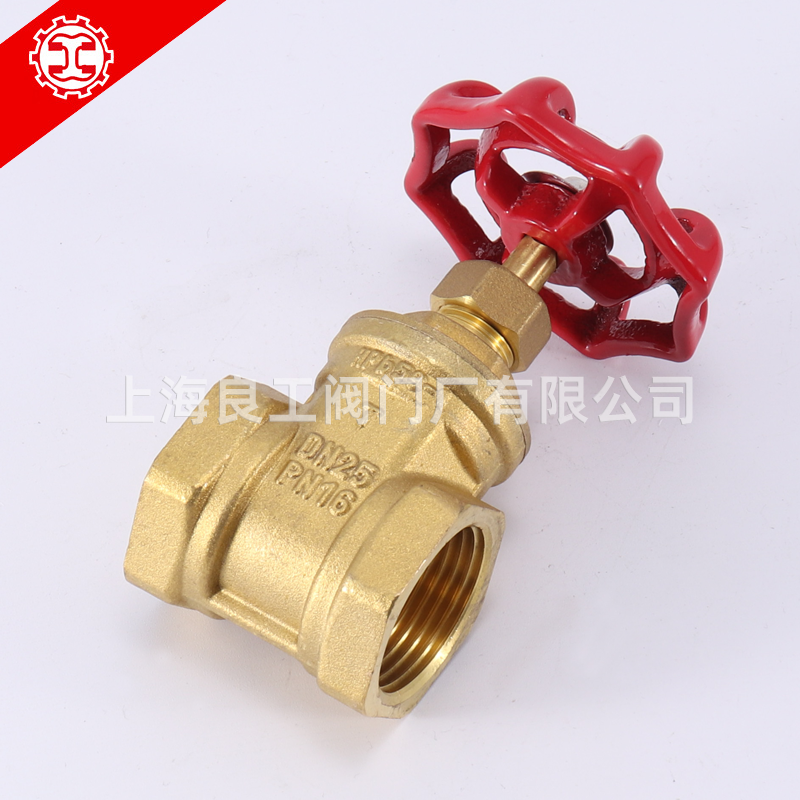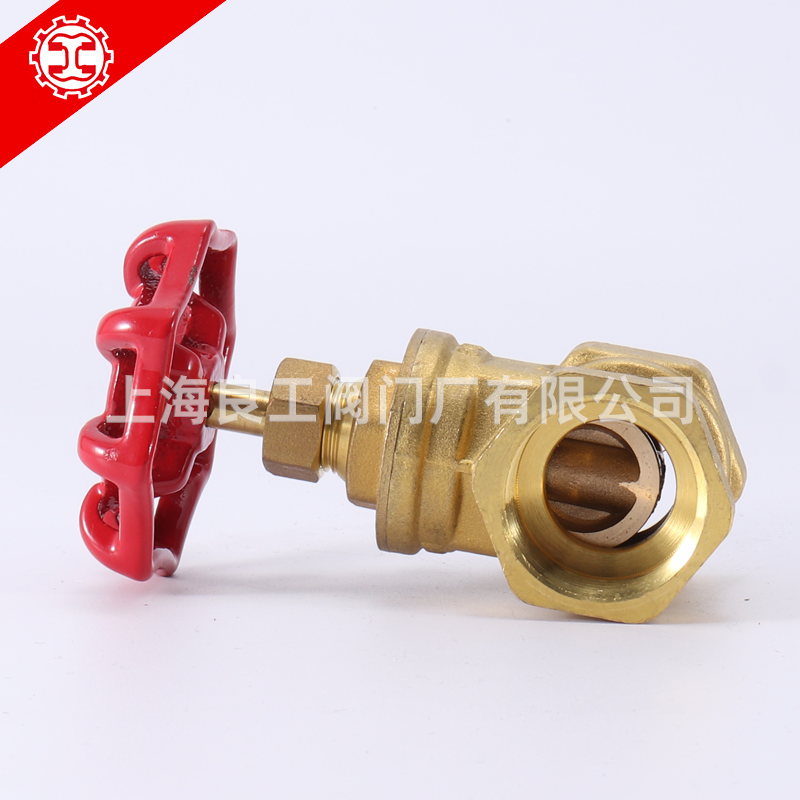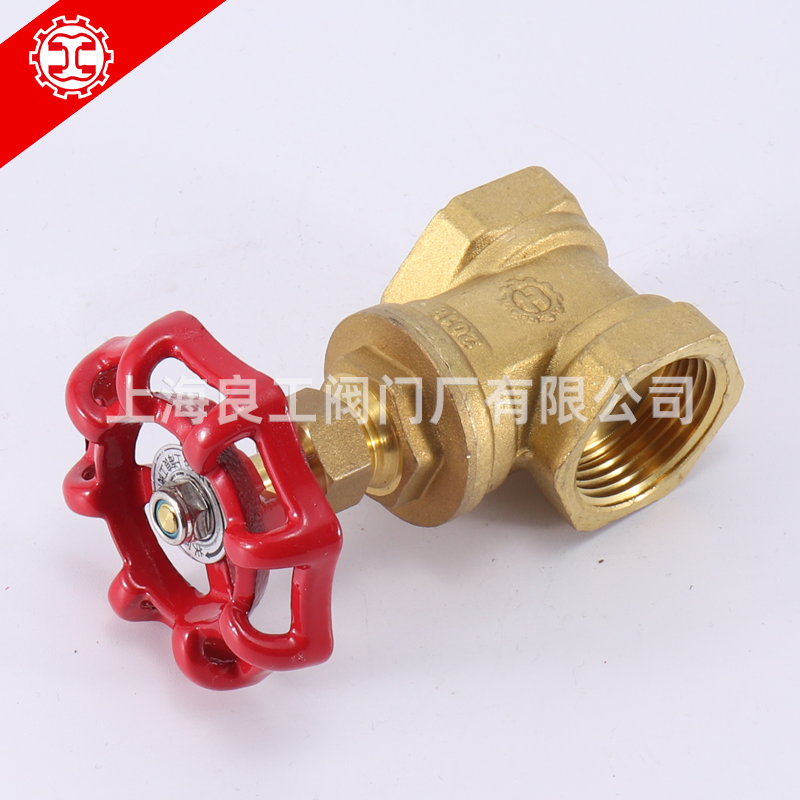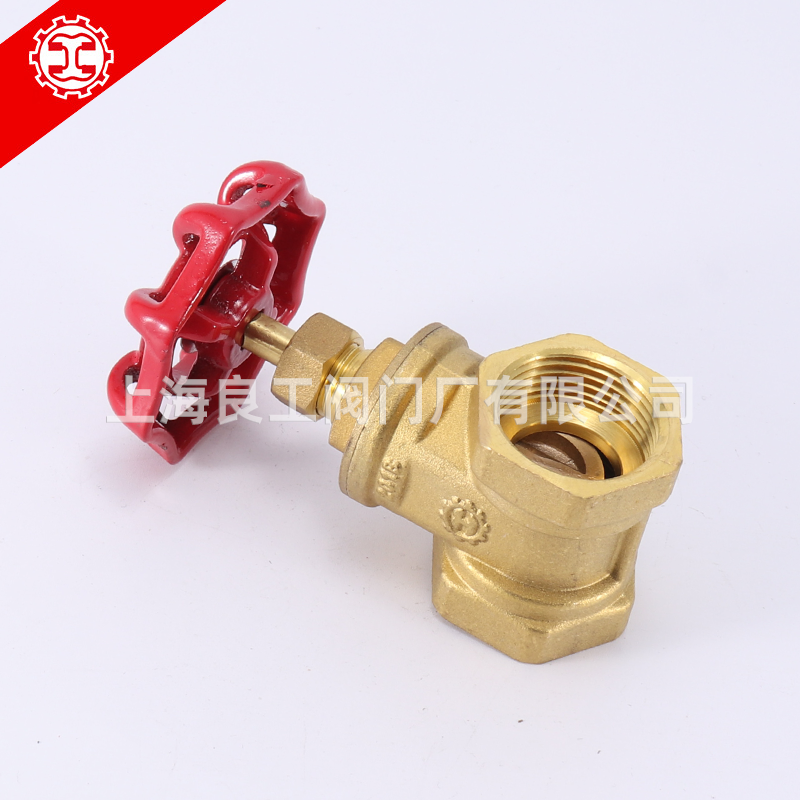The Z15W-16T copper gate valve can only perform fully open and fully closed functions and cannot be used for regulation
and throttling. Applicable to media such as oil, water and steam. It can be widely applied in fields such as chemical engineering,
petrochemicals, petroleum, papermaking, mining, food, water supply and drainage, municipal services, mechanical equipment

matching, electronics industry, and urban construction. It is applicable to various light and heavy industries as well as building pipelines.
Nominal pressure: 1.6MPa
2. Working medium: water, oil, gas
3. Operating temperature: -20℃ to t ≤ 170℃
4. The pipe thread complies with the ***7 standard
Structural features of Z15W-16T copper gate valve
(1) The hexagonal surface at the threaded end has been increased to ensure sufficient connection strength.
And special heat treatment has been adopted, which can effectively prevent cracks in the valve caused by the
alternating action of cold and hot water media.
(2) The valve stem is connected by left-hand thread and is of the concealed stem type.
(3) The valve stem seal adopts both metal and non-metal to enhance the sealing quality.
(4) The fluid resistance is small. The medium passage inside the gate valve body is straight, and the flow direction
of the medium does not change when it flows through.
(5) The opening and closing torque is small. When the gate valve is opened or closed, the movement direction of the gate
plate is perpendicular to the flow direction of the medium. Compared with the globe valve, the opening and closing of the
gate valve is less laborious.
(6) The flow direction of the medium is unrestricted, without disturbing the flow or reducing the pressure. The medium
can flow through the gate from either side in any direction, and the purpose of use can be achieved. It is more suitable for
pipelines where the flow direction of the medium may change.
(7) It has excellent sealing performance and the sealing surface is minimally eroded when fully open. The sealing surface of a
gate valve has self-sealing ability. Its valve core is tightly in contact with the sealing surface of the valve seat by the pressure
of the medium, achieving a tight seal without leakage.
 CN
CN

 Service Hotline
Service Hotline











 陕公网安备61010402000899
陕公网安备61010402000899
